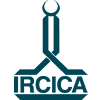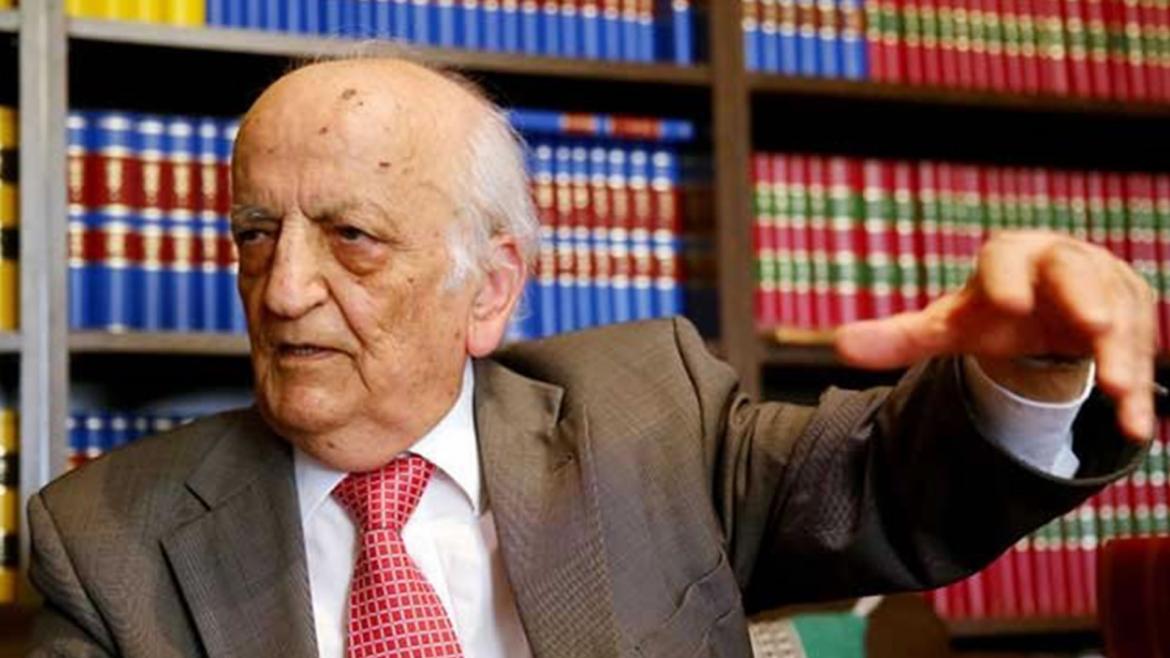Research Centre for Islamic History, Art and Culture (IRCICA), Istanbul, is deeply saddened by the demise of Prof. Dr. Fuat Sezgin, a prominent historian of science in the world and leading figure of scholarship in Islamic science and civilization. On behalf of IRCICA and myself, I would like express our sorrow at the loss of this distinguished scholar and scientist, with the only consolation that his long life was full of professional achievements acknowledged by world academic community as well as in his home country, Turkey, and Germany, where he led the main part of his career.
Our center IRCICA, which is the cultural center of the 56-Member OIC (Organisation of Islamic Cooperation), is constantly involved in research on history of science in the Muslim world. In the context of our research projects we have always been aware of and referring to the work of Prof. Sezgin. Thus we have followed his authentic contributions to the world’s knowledge of how sciences have progressed across the ages and continents and Muslims’ share in this universal process. By highlighting the Islamic world’s accomplishments in sciences and technology in all areas from astronomy to geography, from the early centuries of Islam throughout its Golden Age and afterwards, Prof. Sezgin also played a leading role in the establishment of a correct periodization of the history of sciences and history of civilization which duly take into account the Islamic contributions.
One of the most prominent and most recent of his numerous publications is the seventeen volumes entitled Geschichte des arabischen Schrifttums, which represents the culmination of his 65 years of research on Islamic science. Sezgin was at the same time a pioneer in establishing important institutions, which carried the scholarly knowledge to the knowledge of world public at large. The fist of them is the Institute for the Arabic-Islamic Sciences, which he founded in 1982 under the Goethe University in Frankfurt. Later he founded the Museum of the Institute for the Arabic-Islamic Sciences, where close to 1000 objects are displayed, containing among others, replicas of the tools and instruments created and used by scientists of the Muslim world mainly in the ages of their leading scientific and technological discoveries. He also established a library specialized in history of sciences. Of great importance also is the Museum for the History of Science and Technology in Islam which was established under his direction in 2008 in Istanbul. In 2010, he led the establishment of Prof. Dr. Fuat Sezgin Research Foundation for the History of Science in Islam to support the activities of this Museum. In 2013, he led the establishment of the History of Science Department at Fatih Sultan Mehmet Vakıf University, Istanbul. In 2013, he provided for the establishment of the Prof. Dr. Fuat Sezgin Institute for the History of Science in Islam affiliated to the same university.
IRCICA mourns the demise of this eminent scholar and extends sympathies to his family, friends and colleagues and whole academic community. May Allah bless his soul.





